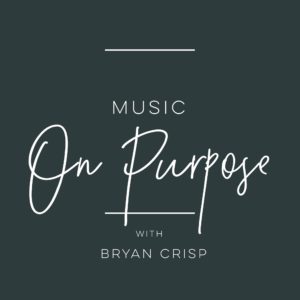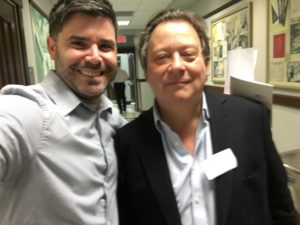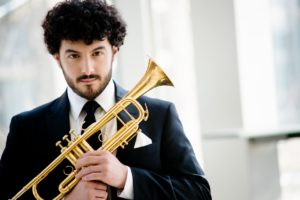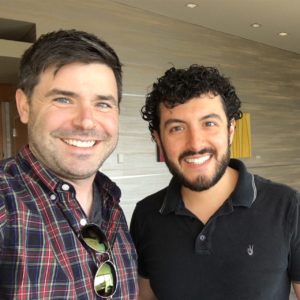All of us want better tone quality for ourselves or our students. Players and teachers are being judged constantly on the sound of their students or ensembles. Lets face it, TONE is the first thing people talk about after hearing someones playing. Its all about the sound! One can forgive some missed notes if the sound is amazing.
What is an easy way to see quick results?
That’s a trick question! There is no easy way. Everyone wants a quick fix. Just switch to this mouthpiece or change to this instrument. There are so many articles and posts about secrets to high notes and secrets to tonguing faster. There really is no substitue for individual time spent on the instrument, but while spending that time, students must know what to think about in order to improve their playing.
If there are no other thoughts running through the student’s brain when they are playing their instrument, they will sound like they always have sounded. Instead, we need to fill our minds with the thoughts and sounds of professional players that are playing and performing at the highest level. I consistently tell my students that the number one way to improve your sound is to intentionally listen to fantastic professional players. Why do we start talking with the same accent of the location we live? Why do we say certain phrases like our friends when we hang out together often? We just pick it up. More is caught than taught!
What are professional players thinking to play so well?
These are five thoughts that I use consistently and have gained from professionals including but not limited to Philip Collins, Dan Zehringer, Charles Decker, Kurt Dupuis and Winston Morris. I have taken their advice and formed my own thoughts to help young musicians improve what they are thinking when they are playing.
Clear – Simply put, thinking the word CLEAR. I like to offer the thought of a very still placid lake, early in the morning with out a single ripple, standing on the bank seeing to the bottom. With that single thought in mind, I have them play. Clarity is a simple thought more than an analytical approach to embouchure. (in most cases)
Centered – This is always tough to get because the center of the brass sound is small. I usually draw a bullseye and show the students what happens when you miss slightly above or below the bullseye. I challenge them to think about nailing the bullseye in their mind. Not only that, but the center to the sound has a slight “buzz” running through it. We start by playing with a big volume against a wall to hear the buzz or lack thereof. Then, closing the eyes, we think about nailing the bullseye and hearing the buzz.
Bright/Colorful – This one is particularly tough for low brass players. Low brass players are constantly thinking “dark”. While this is not a negative thought, generally the darker the colors the less resonance or ring the sound has. Instead, think about bright/primary colors like red, blue,yellow, etc. This thought can change a person’s sound almost immediately. I have heard students with airy, closed, dull sounds turn it around immediately by thinking about a brighter color. There is a time and a place for dark tones, but the majority of the time bright primary colors are the most resonant.
Resonance – If a student can nail clarity and centered they will most certainly gain the resonance. Resonance is the ring that stays with the sound. The more colorful, clear and centered a sound, the more resonance it will have.
Projection – This is the effortless thought of pushing your sound easily and quickly through the instrument and immediately affecting the listener. In order to get the sound to project, I have the students think about blowing the instrument away from them. We start the sound with a breath attack and think about the air blowing freely from inside the body to the listener across the room. If a student is accomplishing clarity, centered and bright/colorful, projection and resonance happen naturally. One should not force, but think about being in a constant state of relaxation.
Having correct thoughts of the end result is generally better than flooding a players mind with analytical embouchure thoughts. Sure, there are times this is necessary, but if a student has a good fundamental “setup” try changing their brain instead of their embouchure. These thoughts can transform an individual coupled with daily listening of professional players.
Check out more information on the Brass Academy page if you are interested on this or other clinics for your high school brass musicians.



